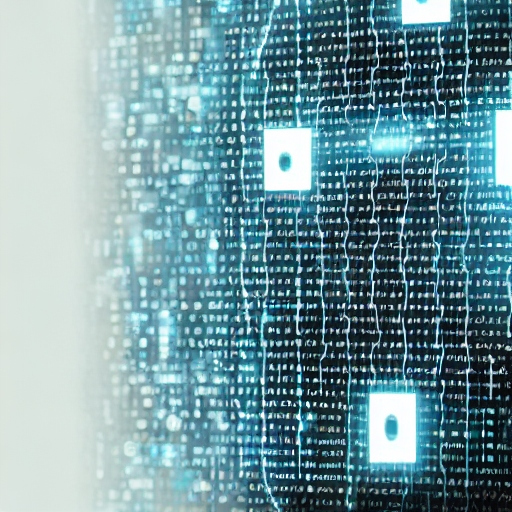In discussions with top European Union officials on Wednesday, Alphabet CEO Sundar Pichai agreed to a “AI Pact” and talked about election-related misinformation and the Russian war in Ukraine.
Pichai stated at a meeting with Thierry Breton, the European commissioner for the internal market, that Alphabet-owned Google would work with other businesses to develop self-regulation to make sure that AI products and services are developed ethically.
Breton tweeted Wednesday afternoon that he had agreed with Google CEO @SundarPichai to work with all major European and non-European #AI actors to already develop a AI Pact” on a voluntary basis prior to the legal deadline of the AI regulation.
They demand that all of our laws—including those governing internet safety, data protection, and artificial intelligence—be respected by technology in Europe. It’s not pick and choose in Europe. He is happy that @SundarPichai understands this and that he is dedicated to abiding by all EU regulations.
The progression suggests how leading technology executives are attempting to appease lawmakers and avoid impending legislation. A ground-breaking set of AI regulations, including clauses ensuring that the training data used by tools like ChatGPT doesn’t breach copyright laws, was approved by the European Parliament earlier this month.
The regulations aim to regulate AI using a risk-based approach, banning “high risk” applications like facial recognition and imposing severe transparency requirements on applications with lower risks.
The risks associated with AI are causing regulators to become more and more alarmed. Tech industry leaders, legislators, and academics have expressed concern over recent developments in novel applications of the technology, such as generative AI and the large language models that underlie it.
By only giving users instructions on what to do, these tools enable users to create new material, such as a poem in the manner of William Wordsworth or an article written in an elegant style.
They have caused anxiety, not least because of the possibility of labour market disruption and their capacity for spreading misinformation.
Since its November launch, ChatGPT, the most well-known generative AI tool, has racked up more than 100 million users. Google launched PaLM 2, a more sophisticated new language model, earlier this month. Google Bard, an alternative to ChatGPT, was published in March.
Vera Jourova, a vice president of the European Commission, and Pichai had separate meetings where Pichai made a commitment to ensure that the company’s AI products are created with safety in mind.
According to a recap of the discussion, Pichai and Jourova concurred that AI might have an impact on disinformation tools and that everyone should be ready for a new generation of AI-generated threats.
Making AI-generated content transparent or labelling it could be part of the efforts. In order to ensure a secure release of the new products, Mr Pichai emphasized that Google’s AI models currently include safeguards and that the business continues to invest in this field.
Tackling Russian propaganda
According to a statement, Pichai’s discussion with Jourova also covered election-related misinformation and Russia’s conflict on Ukraine.
During the discussion, Jourova “shared her concern about the spread of pro-Kremlin war propaganda and misinformation, also on Google’s products and services,” according to a summary of the proceedings. Information access in Russia was another topic covered by the EU official.
Jourova urged Pichai to take “swift action” in response to the problems independent Russian media outlets are having with being unable to monetize their content on YouTube within the country. The readout states that Pichai agreed to follow up on the matter.
Jourova also “highlighted risks of disinformation for electoral processes in the EU and its Member States.”
2024 will see the next round of elections for the European Parliament. Also taking place in the region this year and the following year are regional and national elections.
Jourova applauded Google for its “engagement” with the bloc’s Code of Practise of Disinformation, a self-regulatory framework released in 2018 and recently updated to encourage online platforms to combat misleading information. However, she continued, “More work is needed to improve reporting” in accordance with the framework.
The code’s signatories are obligated to provide information on the steps they have taken to combat misinformation.













